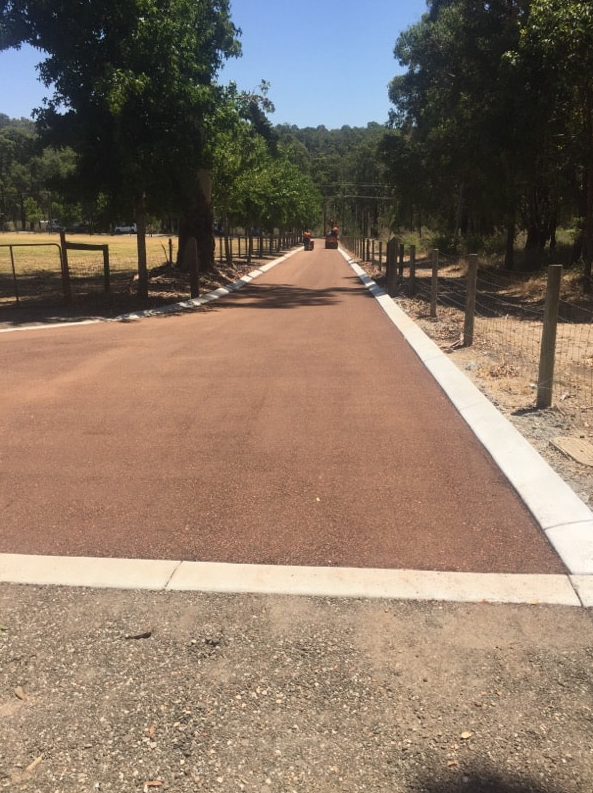Introduction
Driveways are exposed to the elements year-round, making them vulnerable to wear and tear caused by changing weather conditions. Whether it’s intense heat, heavy rainfall, or cold snaps, different weather patterns can impact the integrity of asphalt and bitumen surfaces. Without proper maintenance, driveways can develop cracks, potholes, and other forms of deterioration, leading to costly repairs.
At Renmark Road Tech SA, we specialise in high-quality asphalt and bitumen surfacing solutions in Renmark, SA. Understanding how weather affects driveways can help homeowners and businesses take proactive steps to protect their investment and ensure long-lasting durability.
The Impact of Weather on Driveways
1. Heat and UV Exposure
During summer, high temperatures and prolonged sun exposure can cause asphalt driveways to soften, making them more susceptible to surface deformation. UV rays also break down the binding agents in asphalt, leading to fading and surface brittleness. Over time, this can result in cracking and weakening of the driveway structure.
What to do:
- Apply a high-quality seal coat to protect the surface from UV damage.
- Ensure proper drainage to prevent water accumulation, which can worsen heat-related damage.
- Schedule regular inspections to identify and repair small cracks before they spread.
2. Heavy Rainfall and Flooding
Excess moisture is one of the biggest threats to driveway longevity. When rainwater seeps into small cracks, it weakens the base layer of the driveway, leading to surface failures such as potholes. Poor drainage can also result in water pooling, accelerating erosion and reducing structural stability.
What to do:
- Ensure the driveway is properly sloped to direct water away from the surface.
- Repair minor cracks before they allow water to penetrate deeper.
- Consider a spray seal bitumen solution for enhanced water resistance.
3. Cold Weather and Frost
Although Renmark, SA, experiences mild winters, occasional cold spells can still affect asphalt driveways. Rapid temperature changes cause materials to expand and contract, leading to surface cracks. In areas with frost, moisture trapped in cracks can freeze and expand, making the damage worse.
What to do:
- Use crack sealing treatments before winter to prevent water infiltration.
- Maintain a proper seal coat to minimise temperature-related deterioration.
- Avoid using harsh chemicals or de-icing salts that can break down asphalt.
4. Wind and Debris Damage
Strong winds can carry debris, such as tree branches and gravel, which can scratch and damage driveway surfaces. Over time, wind-blown debris can cause minor abrasions that weaken the protective surface layer of asphalt and bitumen driveways.
What to do:
- Keep the surrounding area clear of overhanging trees and loose debris.
- Sweep the driveway regularly to prevent dirt and small stones from embedding in the surface.
- Apply a protective sealant to strengthen the surface against minor abrasions.
Conclusion
Weather conditions have a direct impact on the longevity and performance of driveways. Heat can cause surface softening, rain can lead to water damage, cold temperatures can result in cracks, and wind can introduce surface abrasions. Regular maintenance and proactive treatments can help extend the life of your driveway and prevent costly repairs.
If you’re in Renmark, SA, and need expert asphalt and bitumen surfacing solutions, Renmark Road Tech SA is here to help. Contact us today to learn how we can protect your driveway from weather-related damage and ensure long-term durability.
Call us on: 08 5122 4154
Click here to find out more about Renmark Road Tech
Click here to complete our contact form and see how we can help with your Asphalt and Bitumen Surfacing needs.

